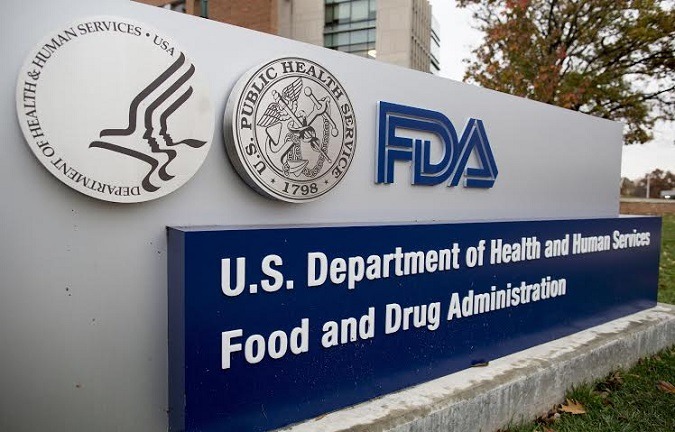The FDA ends precertification (Pre-Cert) pilot program, saying new authority required to regulate software as a medical device (SaMD)
 FDA acknowledges shortcomings of Pre-Cert pilot in report (Regulatory Focus):
FDA acknowledges shortcomings of Pre-Cert pilot in report (Regulatory Focus):
The US Food and Drug Administration (FDA) said it needs additional Congressional authority to move forward with its digital health precertification (Pre-Cert) program. While the idea has been widely lauded by various stakeholders, at least one expert said he feels vindicated for warning the agency early on that it lacked the legal authority to fully implement pathway.
In 2017, the FDA proposed the idea of a Pre-Cert program that would act as a new pathway for software as a medical device (SaMD) products, through which the agency could green-light such products based on how much regulators trust the manufacturer. The agency has been running a pilot program to test the feasibility of the program, but in a new report, FDA concedes it does not have the legal authority needed to create the program as originally envisioned.
… “We are not fully capitalizing on these capabilities and approaches for software in the current statutory and regulatory framework for medical devices,” said FDA. “Based on these observations from the pilot, FDA has found that rapidly evolving technologies in the modern medical device landscape could benefit from a new regulatory paradigm, which would require a legislative change.”
“Given the challenges faced during the pilot, FDA has determined that the approach described in the Working Model is not practical to implement under our current statutory and regulatory authorities,” the agency added. “However, the pilot informed what new statutory authorities could support a future regulatory paradigm that builds on these concepts.”
Q&A: The FDA’s challenge in regulating evolving digital health tools (MobiHealthNews):
David Rosen, a partner and public policy lawyer at Foley & Lardner, notes there have been big changes in the digital health space in the past five years, including advances in consumer wearables and tools that aim to guide clinician decision-making. He sat down with MobiHealthNews to discuss the Pre-Cert pilot program and how digital health companies should approach the regulatory process.
MobiHealthNews: What were some of your big takeaways from the Pre-Cert pilot?
David Rosen: The whole idea behind the Pre-Cert program was to look at different regulatory approaches to try to assist companies in developing software for use as a medical device. And it was predicated on companies making sure that they have a robust quality organization and organizational excellence, and that they do some real-world monitoring of the software as it’s being used.
In general, I think that’s a very appropriate goal and a good goal for the FDA to consider, because this is the evolution of how healthcare is being delivered. The model is evolving, and we have this new paradigm, and I think the FDA has to be open to shifting how they regulate things outside of the normal scope of traditional medical devices that they typically see … the bottom line is that the FDA decided that the current regulatory paradigm isn’t going to work for this, and that they need a different FDA regulatory pathway and review process to deal with software as a medical device.
MHN: So what do you think digital health and health tech companies should take from this program and these results?
Rosen: First, they need to watch what the FDA is going to be doing in the future. This culture of quality and organizational excellence though, in terms of verification and validation of software, is really, really important.
I’ve worked on a lot of these products, and you see companies have different approaches in how they want to verify and validate the usefulness of the data. And I think that we have to be very circumspect, and the companies have to be very circumspect, and they need to work and educate the FDA on how their program works and why the metrics are appropriately valid to come up with some sort of treatment decision. It needs to be a cooperative approach between the industry and FDA to move this whole situation forward to help bring new products into the marketplace.
To Learn More:
- Download full FDA report HERE, titled The Software Precertification (Pre-Cert) Pilot Program: Tailored Total Product Lifecycle Approaches and Key Findings (opens PDF)
- A conversation at the frontier of digital health innovation, FDA regulations, and cognitive health
- A call to action: We need the right incentives to guide ethical innovation in neurotech and healthcare
- The FDA creates new Digital Health unit to reimagine regulatory paths in the age of scalable, AI-enhanced innovation


